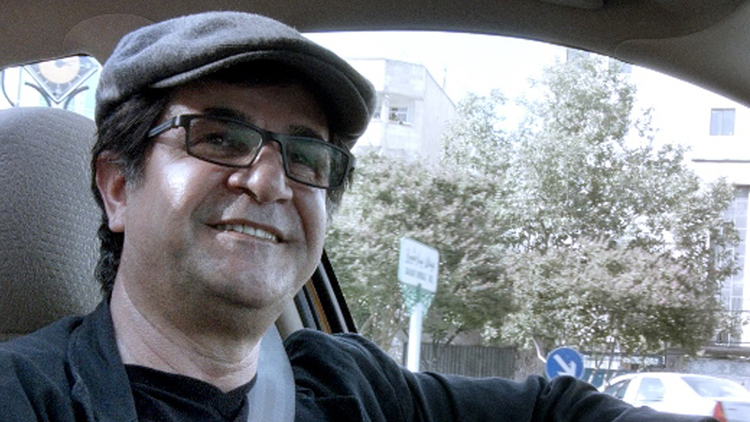
Please note: This was screened in Oct 2016
Jafar Panahi shows – perhaps more than any other filmmaker – how making movies can be a revolutionary act. Panahi’s dissent is quiet and calm, which only makes it all the more astonishing.
Thomas Pashko, Film Critic.
The Iranian government's issues with filmmaker Jafar Panahi's social realism have seen him suffer censorship throughout his career, and eventually led to his 2010 arrest and subsequent prison sentence. His release from prison under house arrest carried with it an order that banned Panahi from making films for 20 years. Since then he has worked in protest to produce acclaimed works such as This Is Not a Film (which he smuggled from Iran to Cannes on a USB drive hidden inside a cake!), Closed Curtain, and his latest Taxi Tehran. Made under semi-clandestine conditions, it’s another daring act of artistic dissent from one of cinemas most vital filmmakers and scooped the Golden Bear for best film at Berlin in 2015.
Shot entirely inside a taxi as it traverses Tehran picking up a succession of passengers, Panahi plays himself as the driver, plotting lively conversations that touch on everything from Iran's restrictive laws and its human rights record, to pirate DVDs of The Walking Dead, and ultimately to the prospects of its future filmmakers. Cue a discussion of how film should represent reality (or not!): a subject clearly close to Panahi’s heart, given his standing with the Iranian authorities. Yet, despite the grim circumstances surrounding its production and its concern with ethics, aesthetics and politics, Panahi’s film also oozes disarming charm and a mischievous dissenting wit, slyly reminding us that cinema, for better or worse, always trades in illusion.